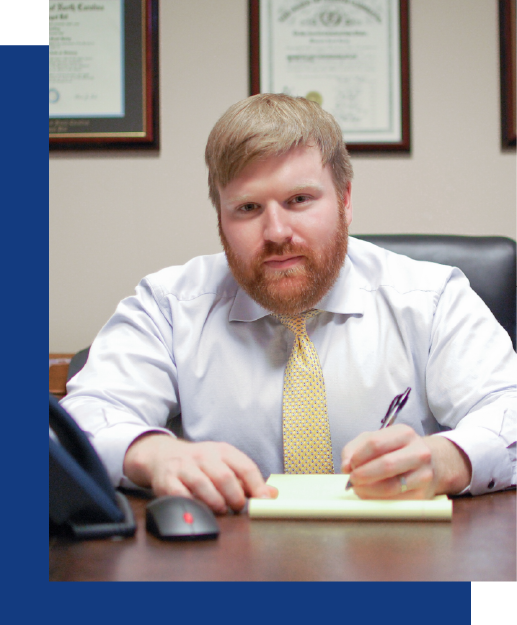Trench Work Claims Life of Another North Carolina Worker
Jun 04, 2021
Wednesday, 37-year-old Shane Sharpe, a North Carolina worker, was killed while working in a 10-foot-deep trench when it collapsed on him in Alexander County, according to county sheriff Chris Bowman. Mr. Sharpe was part of a crew replacing a damaged drainage line along Highway 64/90 near the intersection of Highway 127. First responders arrived on the scene quickly, but were unable to save Mr. Sharpe and pronounced him dead at the scene. OSHA is investigating the scene to determine what caused the trench to collapse.
Sadly, Mr. Sharpe is not the first North Carolina worker to lose his life in a trenching accident. Trenching is dangerous to workers because of the risk of trench collapse, a risk that increases the deeper and more sheer the sides of a trench are. To reduce this risk, trenches are dug with either sloped sides to reduce the chance of collapse or the sides are supported by bracing, sheeting, or a trench box, a device specifically designed to prevent collapses and keep workers safe.
In Woodson v. Rowland, a landmark 1991 N.C. Supreme Court case where another NC worker was killed in a trenching collapse accident, the Court held that trench work can be “inherently dangerous” depending on the conditions of a particular trench. In determining whether a particular trench presents an inherent danger to workers, the Court evaluates (1) the use of bracing, sheeting, or another device like a trench box to prevent trench collapse, and (2) whether an adequate exit from the trench existed for workers.
When working conditions are “inherently dangerous,” employers have additional legal responsibilities to ensure the safety of their workers. When work is “inherently dangerous,” an employer has a duty to exercise reasonable care to protect their workers. For trenching work, reasonable care could include the implementation of support bracings, sheeting, or a trench box. Furthermore, when work is “inherently dangerous,” a general contractor cannot delegate safety responsibilities to a subcontractor and remains equally responsible for ensuring a safe work site.
Under North Carolina law, an employer sending a worker into a trench without the proper bracing, shoring, sheeting, or use of a trench box can be the legal equivalent of intentionally injuring them. When this occurs, injured workers and their families can pursue a common law tort claim against the employer in addition to filing for compensation under the North Carolina Workers’ Compensation Act.
Injured parties are ultimately limited to a single recovery; however, North Carolina law is written to allow injured parties to initially pursue both avenues of recovery. This allows injured parties to receive faster temporary relief under Workers’ Compensation while they pursue their tort claim. If the injured party recovers through a common law tort action, they are required to repay any recovery they received under Workers’ Compensation.
Proven Trial Lawyers Fighting for Injured Workers & Families
Edwards Kirby is committed to representing hard-working people across North Carolina who have been injured in work-related accidents and other incidents at the workplace. We know the difference that fair compensation beyond workers’ compensation benefits can have for injured workers and their family, and we fight for the maximum financial recovery possible for our clients.
As our results show, our firm has a proven record in a range of complex cases, including those involving serious burn injuries, explosions, electrocution, construction equipment accidents, and other workplace incidents. Our attorneys have also won the largest workplace violence jury verdict in U.S. history in a case involving multiple murders committed by a disgruntled employee in Asheville, North Carolina.
If you have questions about your rights and options after a workplace accident, call (919)897-7662 or contact us online. Our Raleigh lawyers serve clients across North Carolina, and offer FREE and confidential case evaluations.
Related Posts
Sep 07, 2023
Apr 13, 2023

We’re Here to Help
Call 919-780-5400 or fill out our online form to request a free consultation. You won’t pay unless we win!